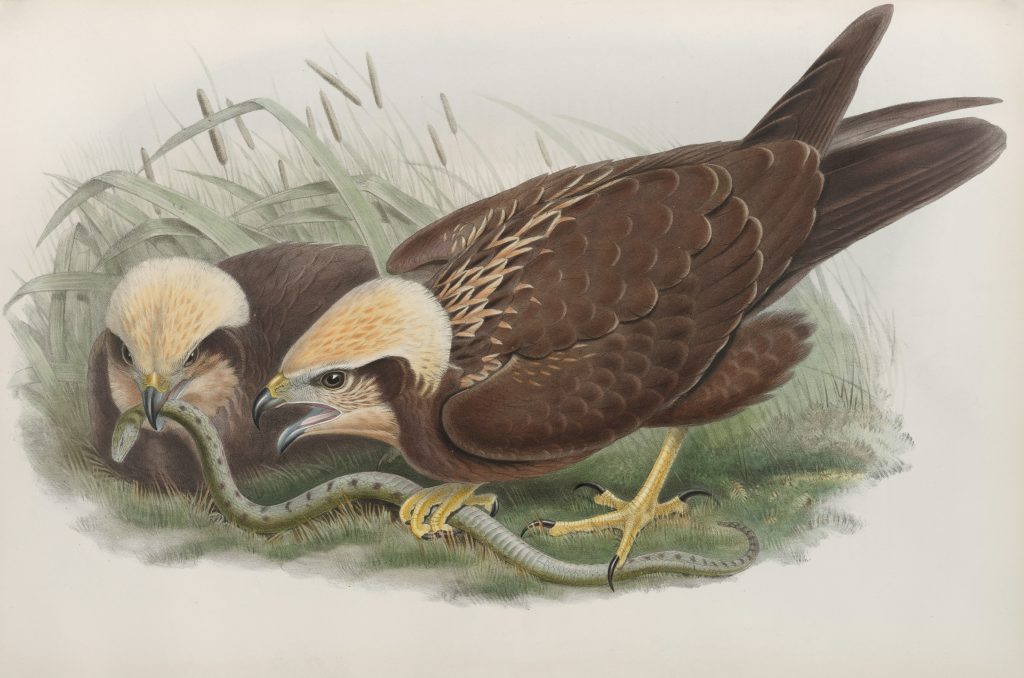Beluga Whale Hvaldimir, Once Dubbed a Russian Spy, Found Dead in Norway
In a heartbreaking turn of events, Hvaldimir, the white beluga whale that captured the world's attention, has been found dead in the waters off Norway. This marine mammal gained notoriety in 2019 when it was discovered wearing a harness marked with St. Petersburg, leading to widespread speculation that it was a Russian intelligence asset. The harness, which appeared to have been designed for a camera, fueled theories about the whale's connection to espionage activities, sparking both intrigue and concern among marine enthusiasts and the general public.
Hvaldimir quickly became a symbol of curiosity and wonder, attracting tourists and whale watchers eager to catch a glimpse of the enigmatic creature. Over the years, the whale formed a bond with local communities and garnered a loyal following. Its playful demeanor and friendly interactions with humans made it a beloved figure in the region, often seen swimming alongside boats and engaging with those who ventured into its watery domain.
However, the mystery surrounding Hvaldimir's origins and the purpose of its harness added an unsettling layer to its story. Wildlife experts and authorities debated the implications of a potentially trained marine mammal, raising ethical questions about the use of animals in espionage. The beluga whale's plight highlighted the broader issues of animal welfare and the impact of human activities on wildlife.
As news of Hvaldimir's death spread, tributes poured in from around the globe, with many expressing their sorrow and reflecting on the whale's unique journey. Conservationists emphasized the need to protect marine life and ensure that such creatures are not subjected to exploitation or harm. Hvaldimir's story serves as a reminder of the delicate balance between human curiosity and the natural world, urging society to respect and safeguard the habitats of all living beings.
The circumstances surrounding Hvaldimir’s death remain unclear, prompting calls for further investigation into the health and safety of marine wildlife in the area. Experts speculate that the stress of being a public figure, coupled with environmental challenges, may have contributed to the whale's untimely demise. As the community mourns this loss, it is crucial to remember the lessons learned from Hvaldimir’s life, urging individuals and authorities alike to advocate for the protection of marine ecosystems.
Hvaldimir's legacy will undoubtedly continue to resonate, inspiring future generations to champion animal rights and conservation efforts. The beluga whale's story is a poignant reminder that every creature, regardless of its origins or circumstances, deserves compassion and respect. As we bid farewell to Hvaldimir, let us strive to create a world where wildlife can thrive free from human interference, and where the wonders of nature remain untainted by the shadows of espionage.











